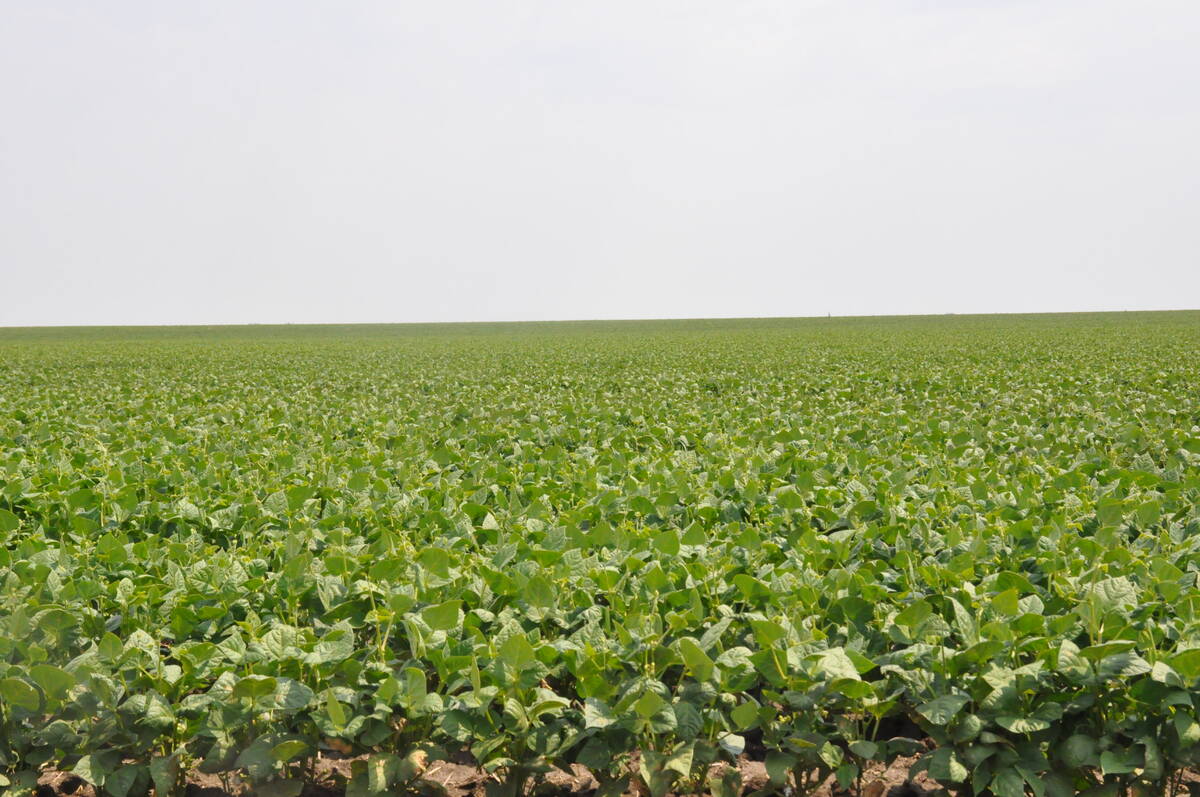A Mervin, Sask., elk farmer will continue to fight to have his day in court.
Dale Conacher is appealing a judgment rendered by federal court justice Douglas Campbell May 5. He ruled there was no evidence to support claims that Agriculture Canada was responsible for bringing bovine tuberculosis into farmed elk herds.
Conacher represented himself and plaintiffs Laurie, Keith and Milton Conacher, Cliff and Rollie Begg, Bentley Brown and Miles Johnson in hearings held in April 2003 and April 2004 to determine if they could proceed to a civil trial.
Read Also

Coloured bean production down, whites are up
Bean prices have been slumping and the outlook is for more of the same.
Myra Yuzak, lawyer for the federal government, contended there was no evidence to prove Conacher’s allegations and asked the court to levy $50,000 on the plaintiffs for litigation expenses.
But Campbell awarded no costs, noting that he could see why the plaintiffs fought as hard as they did to maintain the action.
“In my opinion, to award costs on the motion to the defendant would amount to punishment of the plaintiffs and I find that this would be unfair,” wrote Campbell.
Conacher contended that Agriculture Canada had allowed the import of elk, bison and deer into Canada in the late 1980s even though tests for TB were inadequate. He also argued the infection on his own farm came from an Alberta farm that continued to sell its animals into Saskatchewan after TB surfaced in its pig herd. In 1991, about 400 elk and 800 hogs were destroyed on Conacher’s farm.
Conacher said changes in the Animal Disease and Protection Act and Health of Animals Act led to a cap on animal values and meant less compensation.
They were compensated $5,000 per elk, but Conacher sought the difference between that amount and the market value at the time, estimated at closer to $12,000.
Collectively, the plaintiffs have spent more than a decade and $200,000 trying to get their case to trial.
“After 12 years, you can’t drop this,” Conacher said, noting the judgment sets a dangerous precedent for others in animal production.
“It’s so patently unreasonable that I have to try to fight it for the sake of myself and the industry,” he said.
Despite animal disease and legal setbacks, Conacher remains modestly optimistic about the future of the elk business. He maintains a herd of more than 500 elk and 100 bison, largely for hunt farming.














